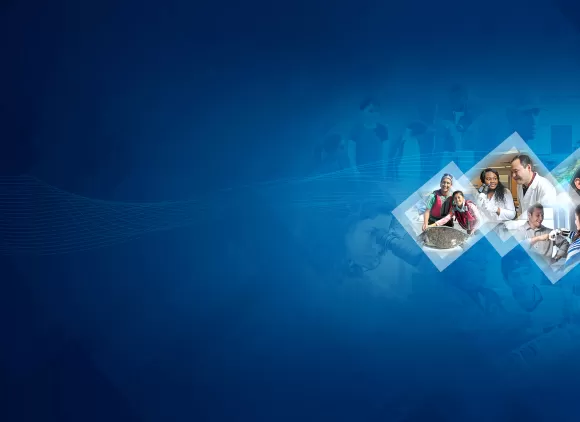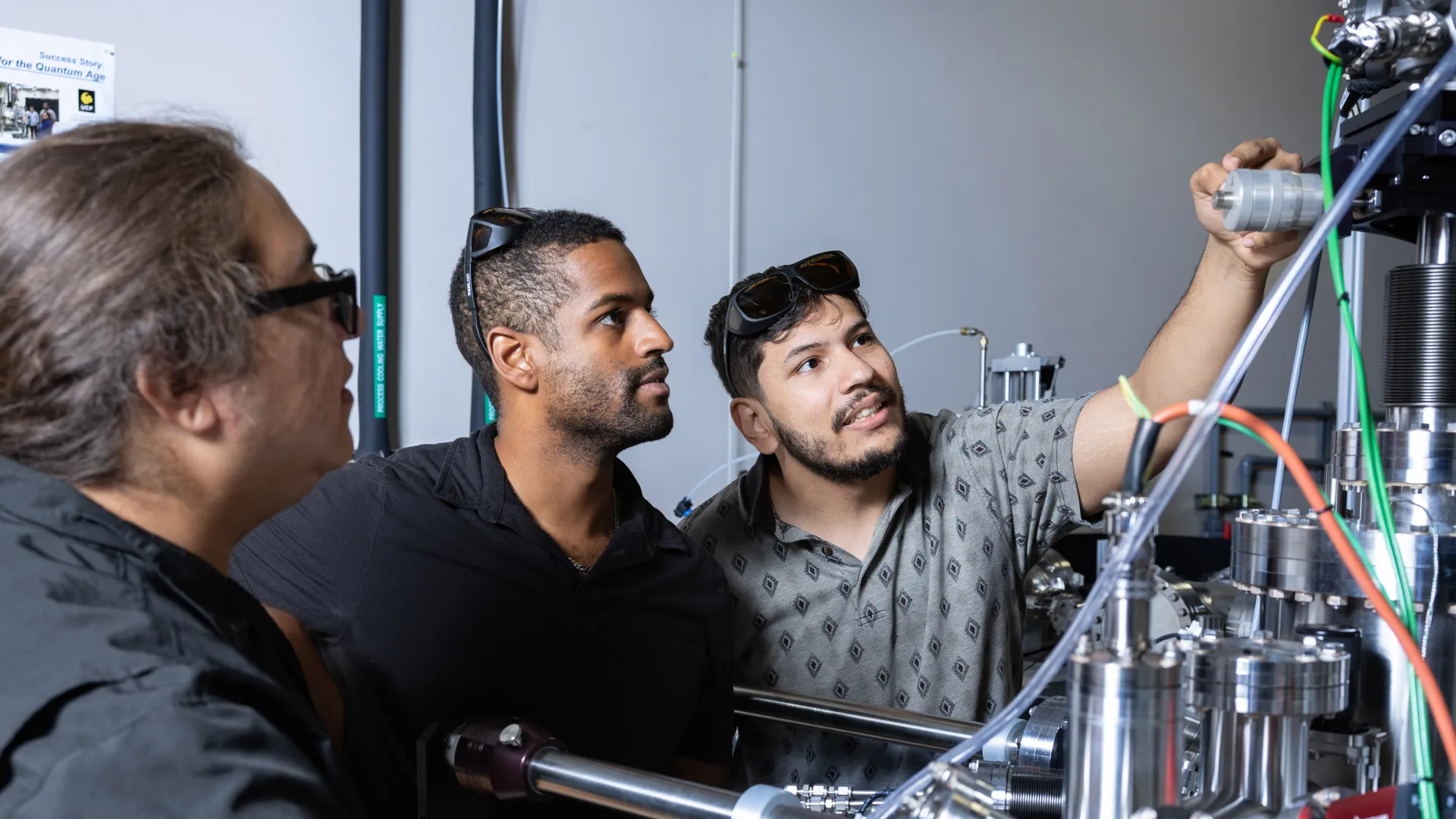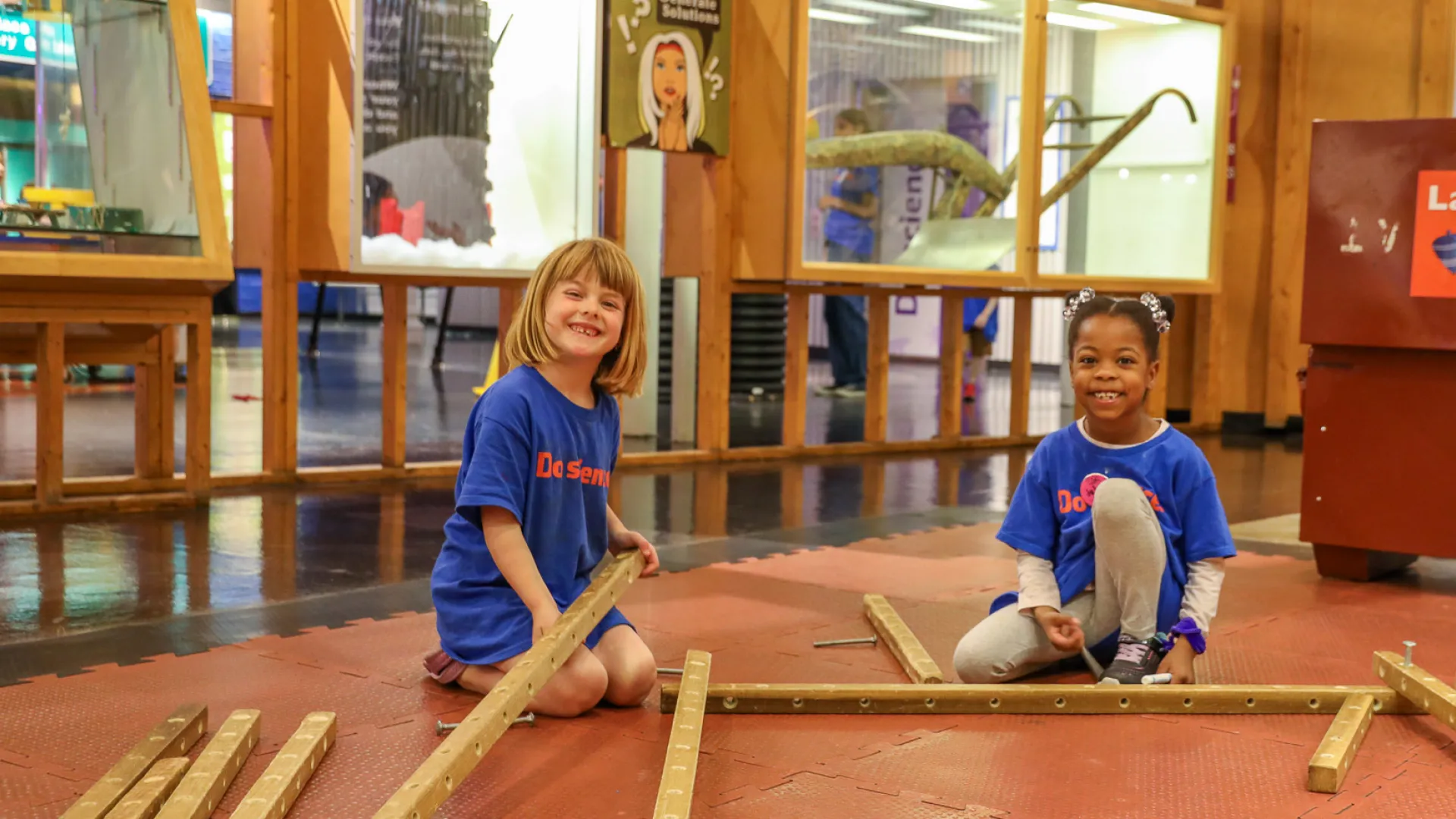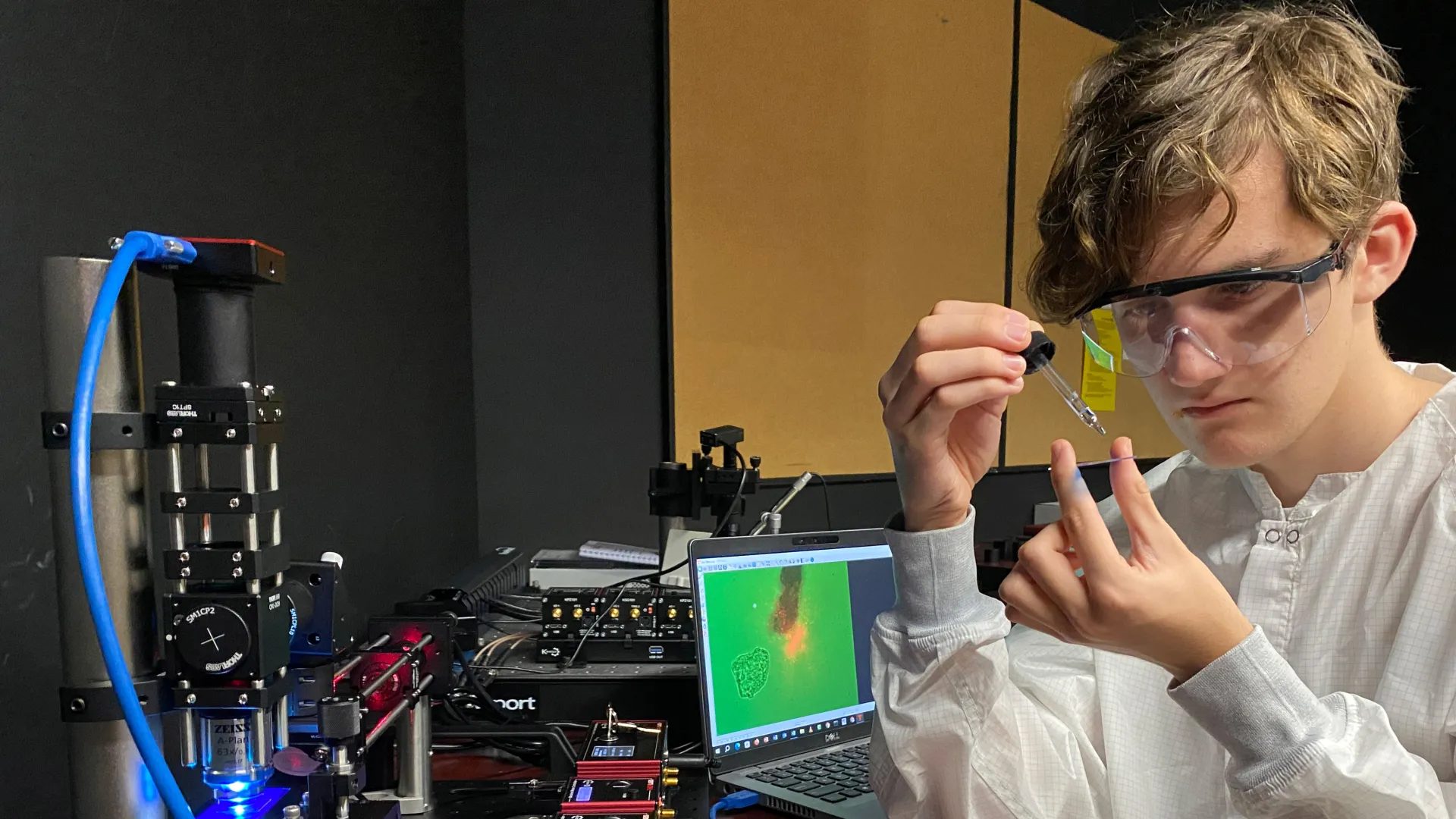Get EDU Email Updates
The U.S. National Science Foundation Directorate for STEM Education works to develop a well-informed citizenry and a capable workforce of scientists, technicians, engineers, mathematicians and educators.
EDU's programs support STEM education at all educational levels and in a variety of settings. The directorate:
- Funds cutting-edge research and evaluation projects across all STEM disciplines and STEM projects — through scholarships, fellowships, centers, alliances, networks, curriculum development and institutional capacity building.
- Invests in research and other activities aimed at making education and career opportunities available to all Americans.
EDU was formerly the Directorate of Education and Human Resources.
Recent funding opportunities
Explore EDU
Initiatives
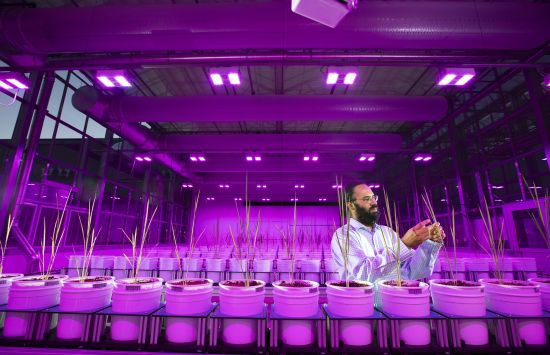
Eddie Bernice Johnson INCLUDES Initiative
This national initiative focuses on enhancing U.S. leadership by accelerating the participation of groups that have historically been excluded from or underserved in STEM.
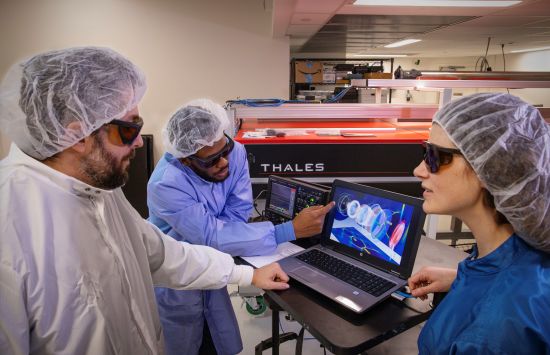
National Science Foundation Research Traineeship Program
Supports interdisciplinary traineeships that advance ways for graduate students in research-based master's and doctoral degree programs to pursue a range of STEM careers.


